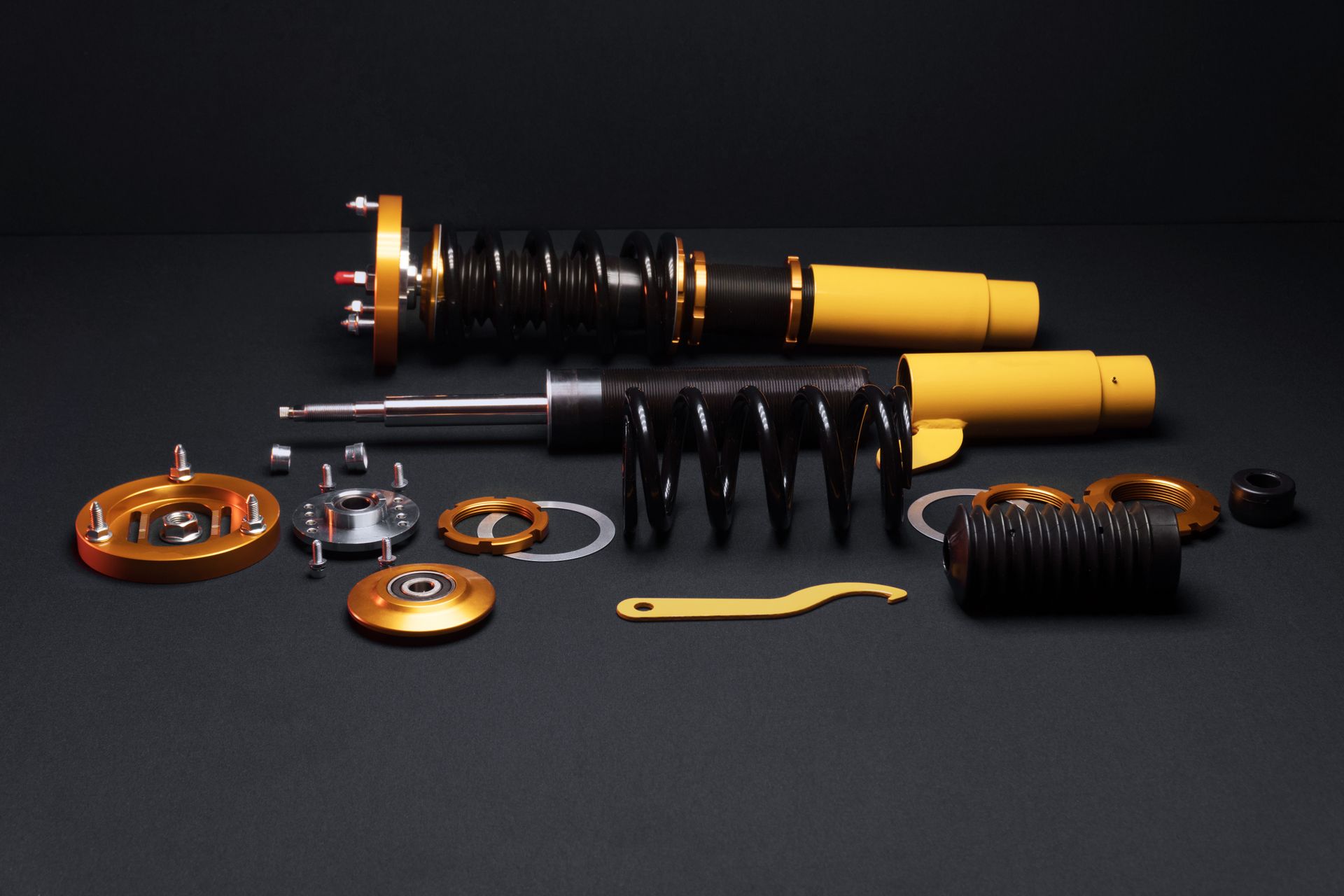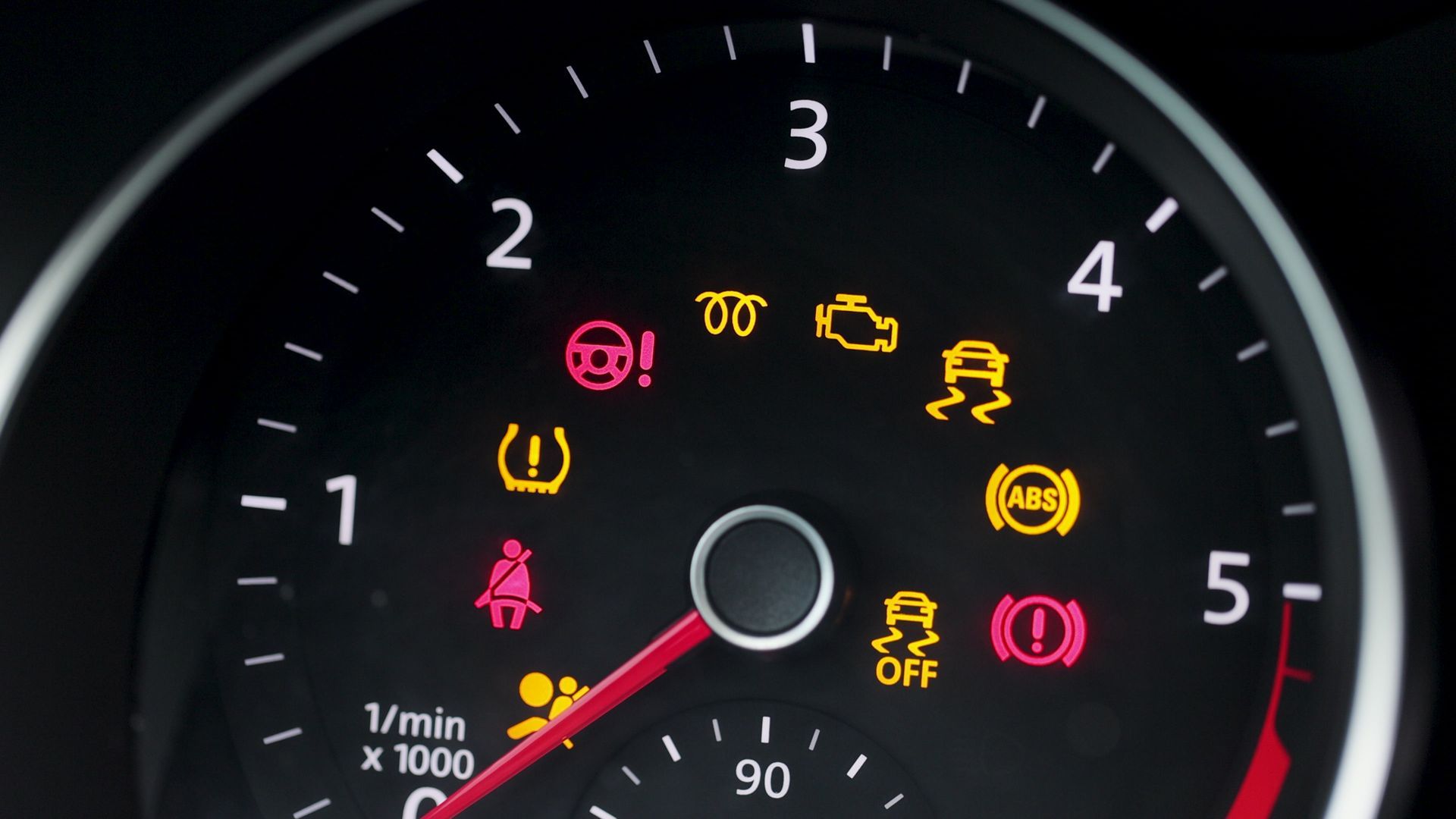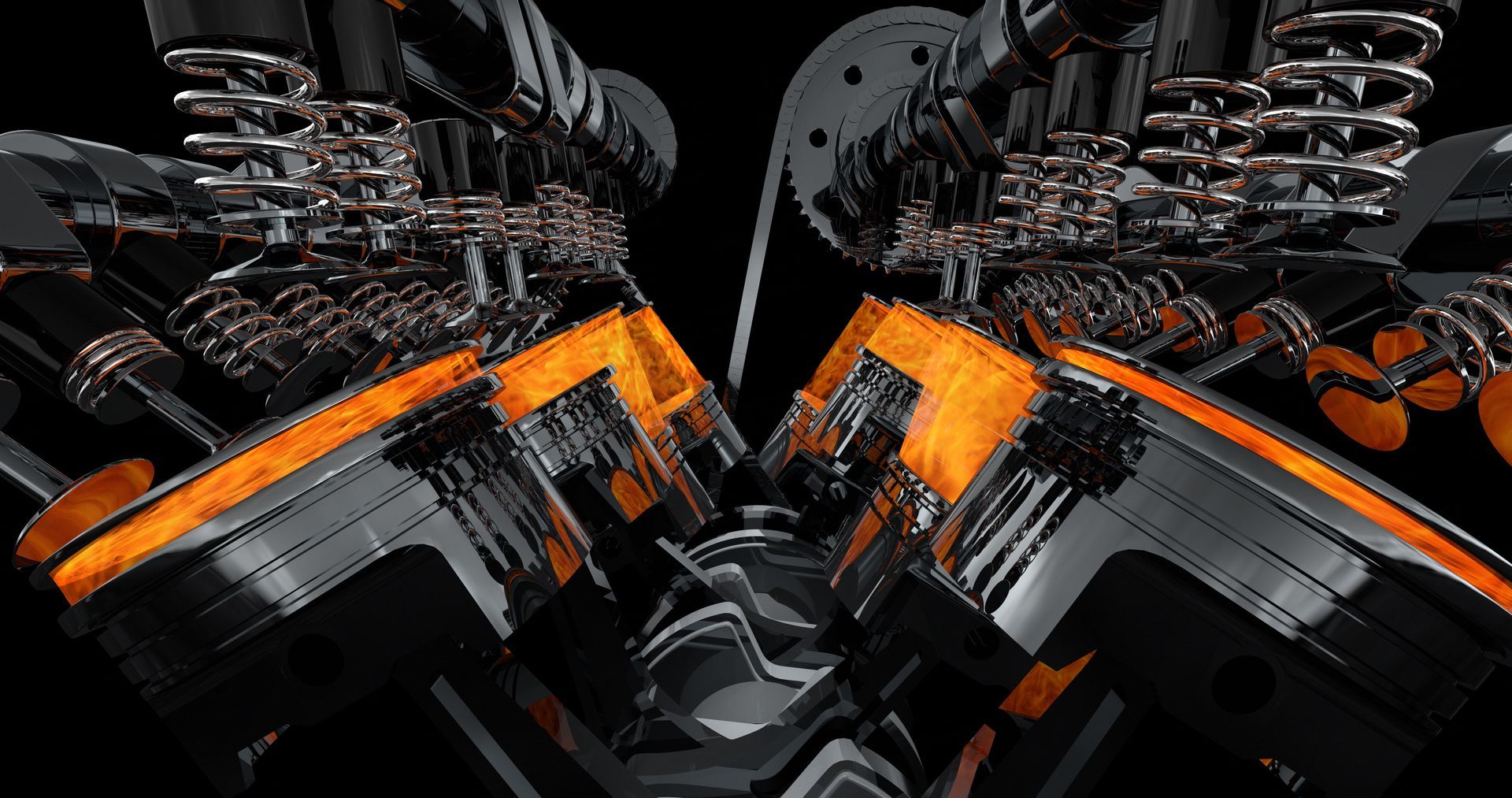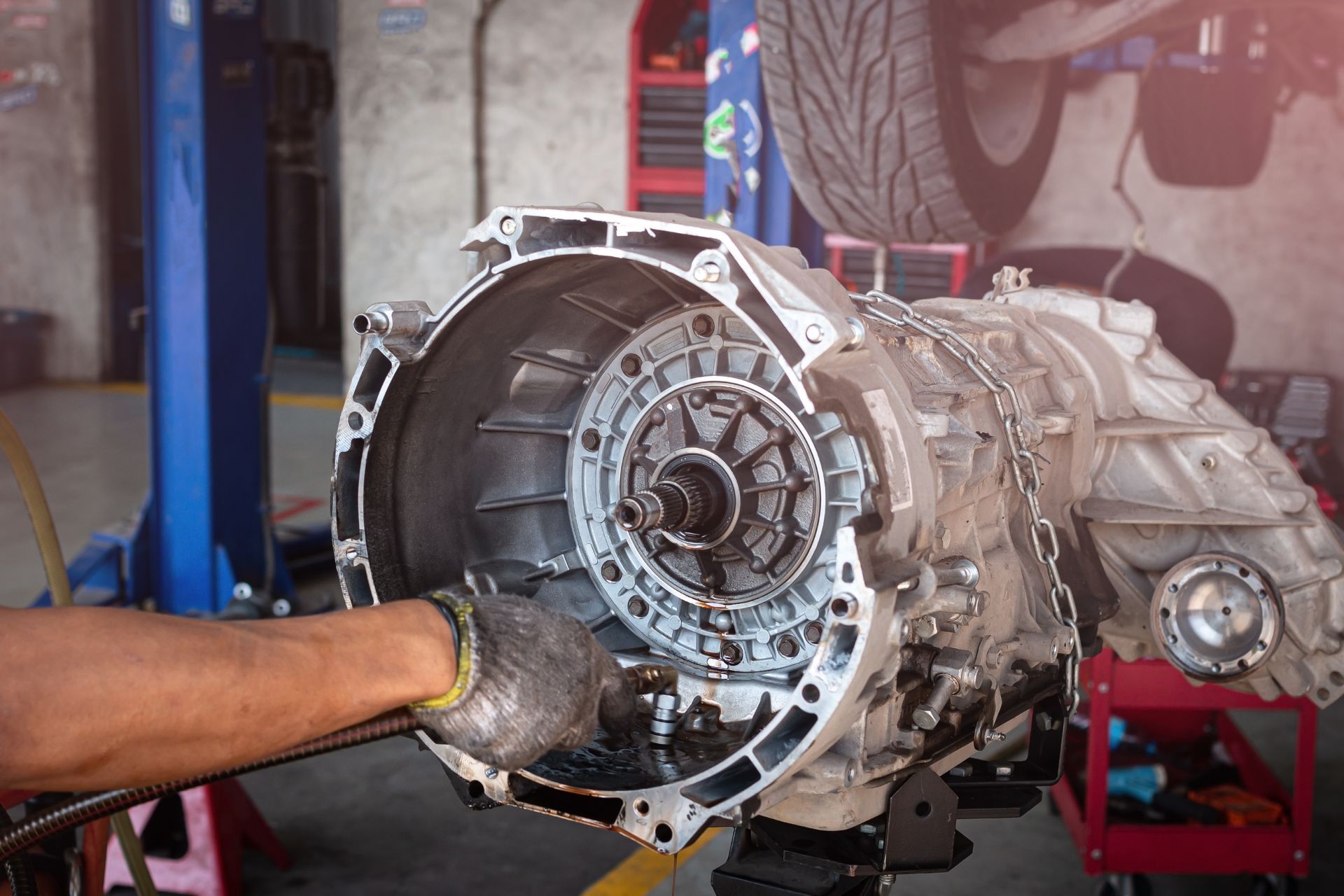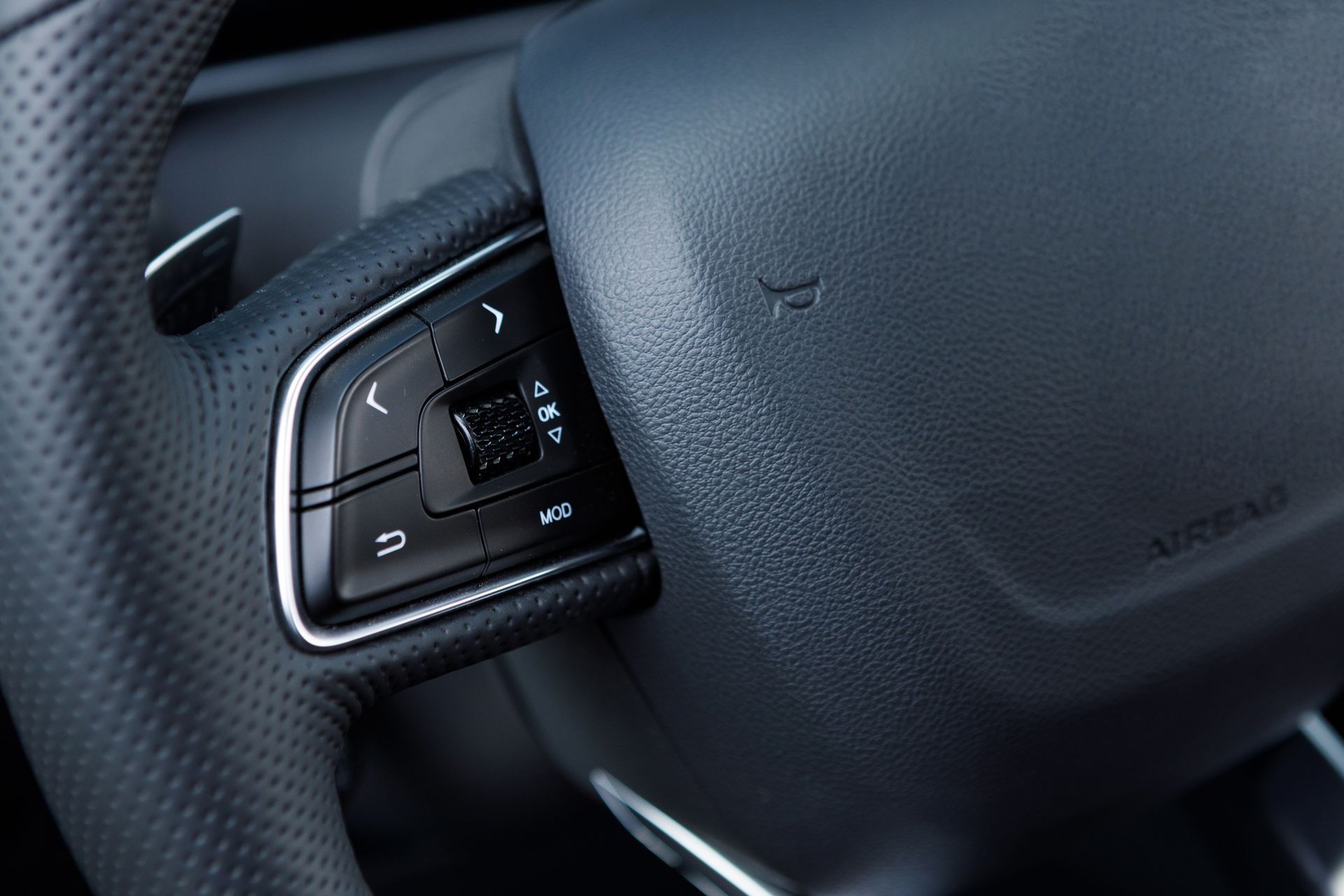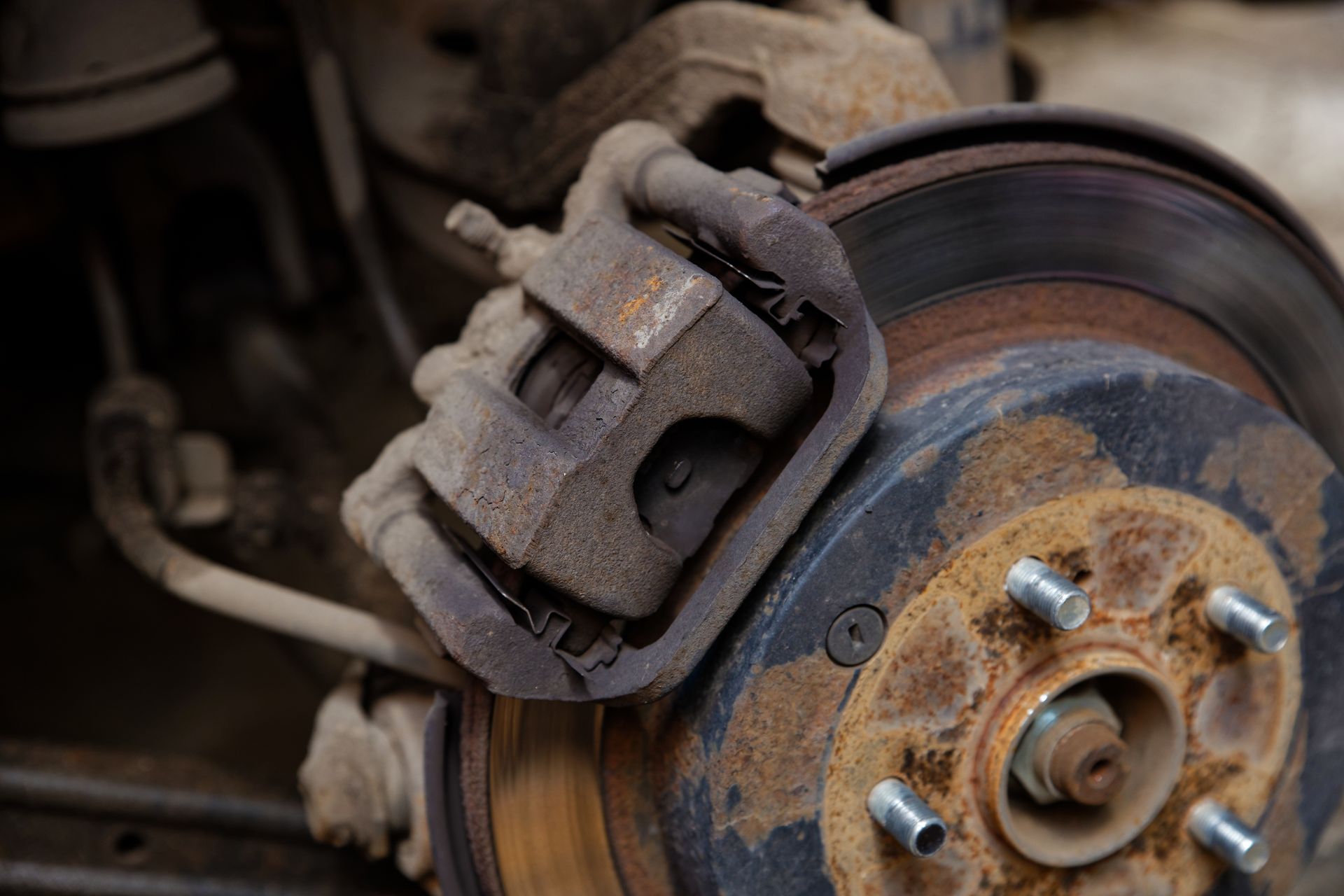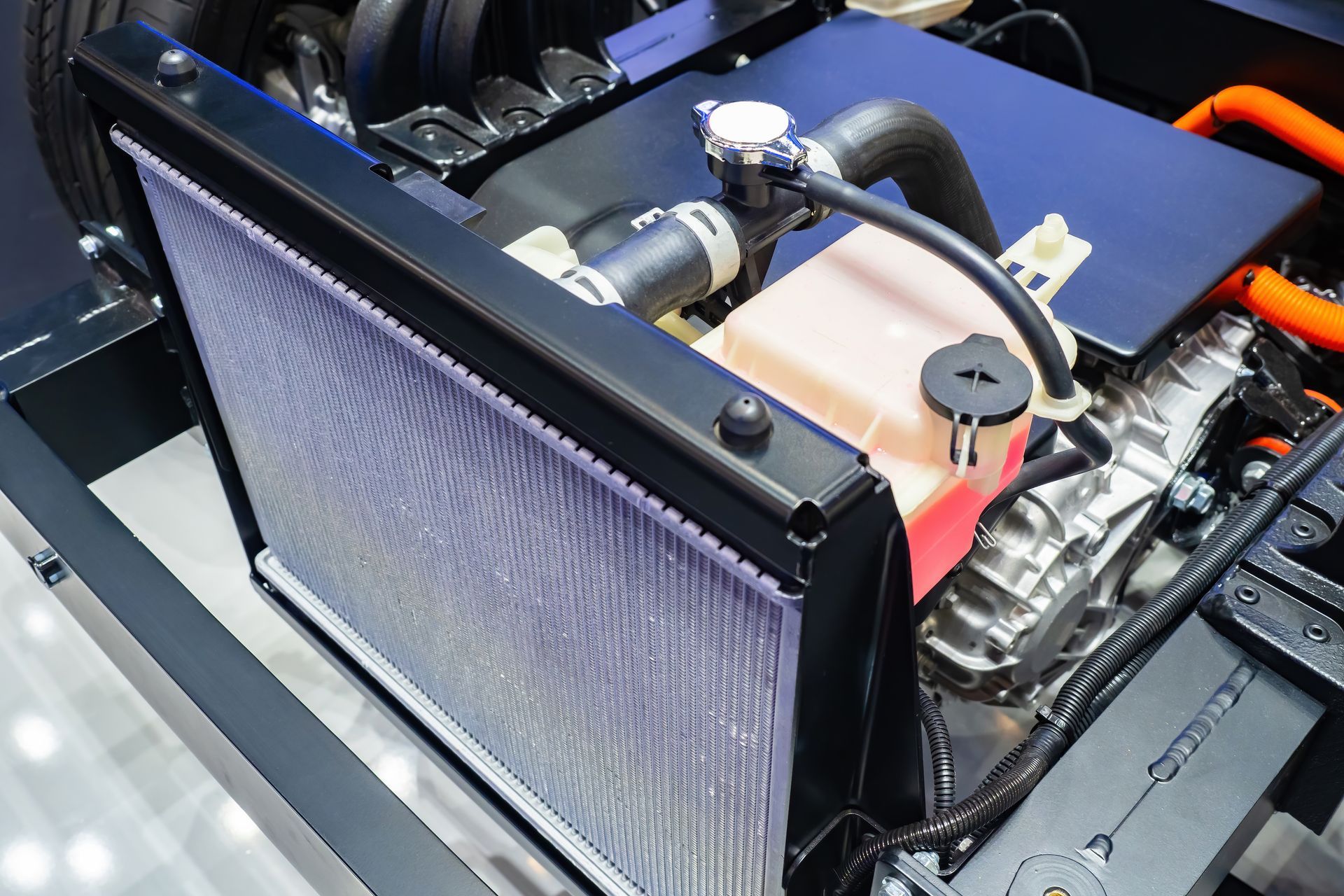Steering is something most drivers take for granted. You turn the wheel, and the car goes where you want it to. But what happens when your steering doesn’t feel right? Bad steering can range from minor annoyances to serious hazards that make your vehicle unsafe to drive. Recognizing the signs of steering problems and understanding their potential dangers is critical to keeping you and others safe on the road.
What Is “Bad” Steering
“Bad” steering can mean different things depending on the underlying issue. Some of the most common symptoms include:
- Excessive play or looseness in the steering wheel
- Difficulty turning or “heavy” steering feel
- Vehicle pulling to one side
- Unusual noises when turning
- Vibrations or shaking in the wheel
Each of these symptoms can point to specific problems, and none should be ignored.
Causes of Steering Problems
Worn or Damaged Steering Components
Your vehicle’s steering system includes many parts, such as tie rods, ball joints, bushings, and the steering rack. Over time, these components can wear out or become damaged, leading to loose or imprecise steering.
Worn parts can make your car respond unpredictably, which can be especially dangerous at high speeds or during sudden maneuvers.
Power Steering System Issues
Most modern vehicles use power steering to make turning easier. If the power steering pump, hoses, or fluid levels fail, steering can suddenly become much harder.
Low fluid levels or leaks can cause the power steering to work intermittently, making it challenging to control the vehicle in tight situations or emergency conditions.
Misaligned Wheels
If your wheels are out of alignment, your vehicle may pull to one side, requiring constant correction to keep it straight. This can lead to driver fatigue and increase the risk of losing control, particularly during sharp turns or when braking suddenly.
Suspension Problems
Steering and suspension systems are closely linked. Worn suspension components can affect how your car handles and responds to steering inputs.
Issues with shocks, struts, or control arms can create vibrations, noises, and uneven steering behavior that compromise safety.
Why Bad Steering Is Dangerous
Driving with steering issues puts you at greater risk of accidents because it reduces your ability to make quick, precise corrections. In an emergency, every fraction of a second counts, and poor steering response can make it impossible to avoid obstacles or sudden hazards.
Bad steering can increase tire wear and strain other suspension and drivetrain components, leading to more expensive repairs over time.
Warning Signs You Shouldn’t Ignore
Some warning signs suggest your vehicle may be unsafe to drive until repairs are made:
- Sudden difficulty in steering
- Strong pulling to one side
- Grinding or clunking noises when turning
- Steering wheel vibrations at any speed
- Noticeable fluid leaks under the front of the vehicle
If you experience any of these, it’s best to stop driving and have your vehicle inspected immediately.
How to Keep Your Steering System Healthy
Routine maintenance and inspections help keep your steering system in good condition. During regular service, we check for worn components, inspect power steering fluid levels, and verify wheel alignment.
Addressing minor issues early prevents them from becoming severe problems that could jeopardize your safety.
Preventative Tips
- Avoid hitting potholes or curbs whenever possible.
- Replace power steering fluid at recommended intervals.
- Pay attention to changes in steering feel and have them checked promptly.
- Rotate and align your tires regularly to maintain balanced handling.
Stay in Control with Green Tech Garage in Spokane Valley, WA
Steering problems are very dangerous. At Green Tech Garage in Spokane Valley, WA, our experienced technicians specialize in diagnosing and repairing steering and suspension issues to keep your car safe and responsive. Whether you notice subtle steering changes or major problems, we’re here to help you stay in control.
Schedule your steering inspection today and drive with confidence knowing your vehicle will respond exactly how you need it to.

